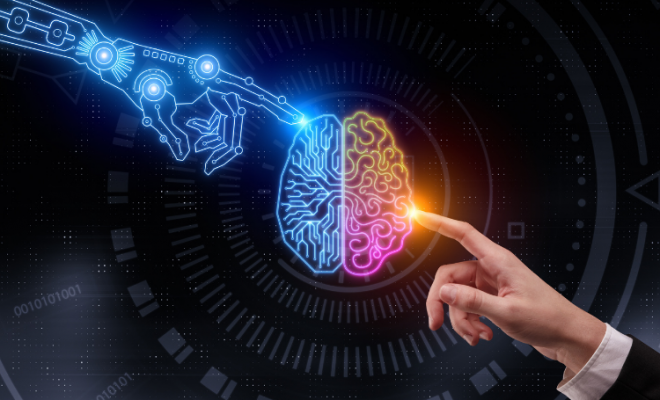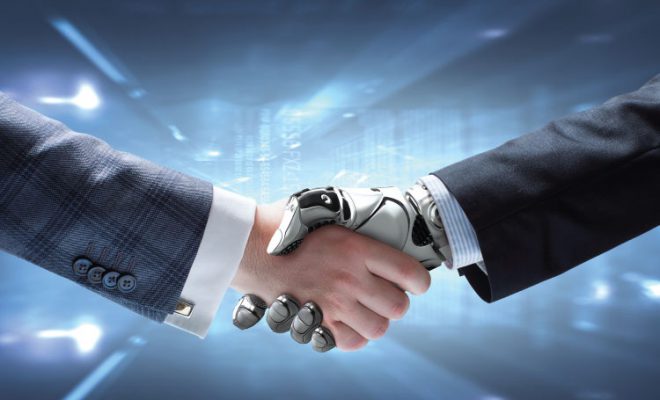Five main challenges of Artificial Intelligent Technology

The ever-presence of Artificial Intelligent (AI) in many industries, ranging from consumer applications to business intelligence, making AI one of the giant powerhouses driving productivity, growth and innovation in the near future. Even that AI has been growing over the past 60 years, there are still lots of challenges ahead. Some of these challenges need to be overcome to realize the full potential of AI.
Data Scarcity
The working of an AI system depends on trained data. Most people might not be knowing that obtaining quality data set require huge number of human hours to label the training data. On top of that, there must be sufficiently large and comprehensive data set to be used for the training purpose. The ability to obtain these quality data is detrimental in being graded as “good” or “bad” AI system in general. These would often be the challenges for the new applications or start-up companies.
Limited Implementation
Despite the progress in recent years, the implementation of AI is still restricted to specific problems. This highly specialized AI system is constructed just to perform one specific task and keep learning to improve its performance. The goal of building an AI system with much the same intelligence as human beings to tackle general problems is still a big challenge to researchers and practitioners.
Data Privacy and Security
The massive volume of data used to train the AI system is generated or collected from millions of users. There is the possibility that these are sensitive data. Due to this issue, AI systems can become prone to data breaches and identity theft. Creating a highly secure infrastructure to gather and store the data generated is paramount in tackling these challenges.
Transparency of Algorithm
If data is the food for AI system, algorithms are the brain of the system. AI systems, particularly machine learning, depending on algorithms to make the decision or prediction. These machine learning algorithms tend to become more complex while striking to achieve the required accuracy. Hence, making them more and more difficult to be understood by human observers. Some of the machine learning algorithms, like deep learning, may have several layers of features and thousands of variables, literally making it a “black box” that lack transparency. It becomes a challenge to anyone to explain the factors leading to a decision or prediction, and how.
Bias
Another big challenge with AI systems is that their level of “good” or “bad” depends on the data they are trained on and how the algorithms define what is “good” or “bad”. Bad data is often associated with, ethnic, communal, gender or racial biases. With biased data and algorithms, the entire system could become flawed and lead to unethical and unfair results.
This article is contributed by Dr Yew Yong Kin from the School of Engineering & Technology.









